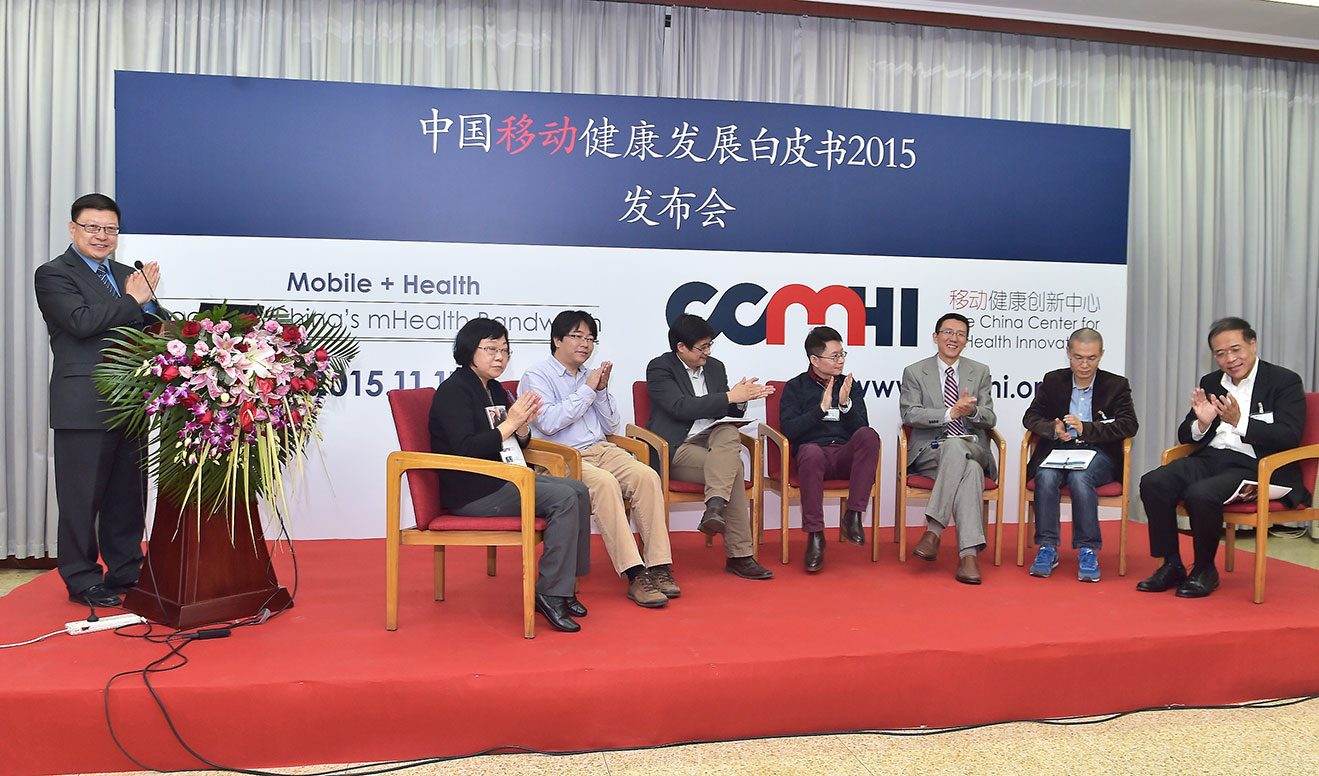New blood pressure target – the lower the better
Hundreds of millions of people worldwide could benefit from more intensive treatment to lower blood pressure, according to new research.

Hundreds of millions of people worldwide could benefit from more intensive treatment to lower blood pressure, according to new research.
The George Institute for Global Health will advance its goal of improving the health of millions of people worldwide, following the latest funding announcements from Australia's National Health and Medical Research Council (NHMRC).
Landmark research by The George Institute for Global Health has found that exercise can save lives, with an increase in the number of steps walked each day having a direct correlation with long term mortality.
As the China-Australia Free Trade Agreement (ChAFTA) looks set to be ratified later this year, a new report has identified the healthcare sector as one of the key beneficiaries from the agreement.

"I feel lucky to have joined The George Institute. I love to compare it to a high-speed train that is carrying health and scientific research over a long distance to tackle the health problems affecting the whole population."
Traditional supervised exercise programs for treating uncomplicated ankle fractures could be replaced by self-management if new research conducted by The George Institute for Global Health is adopted as standard practice.
World first research by The George Institute for Global Health, published in The New England Journal of Medicine, has found paracetamol is safe for treating patients in intensive care and may even help them recover and leave hospital quicker.